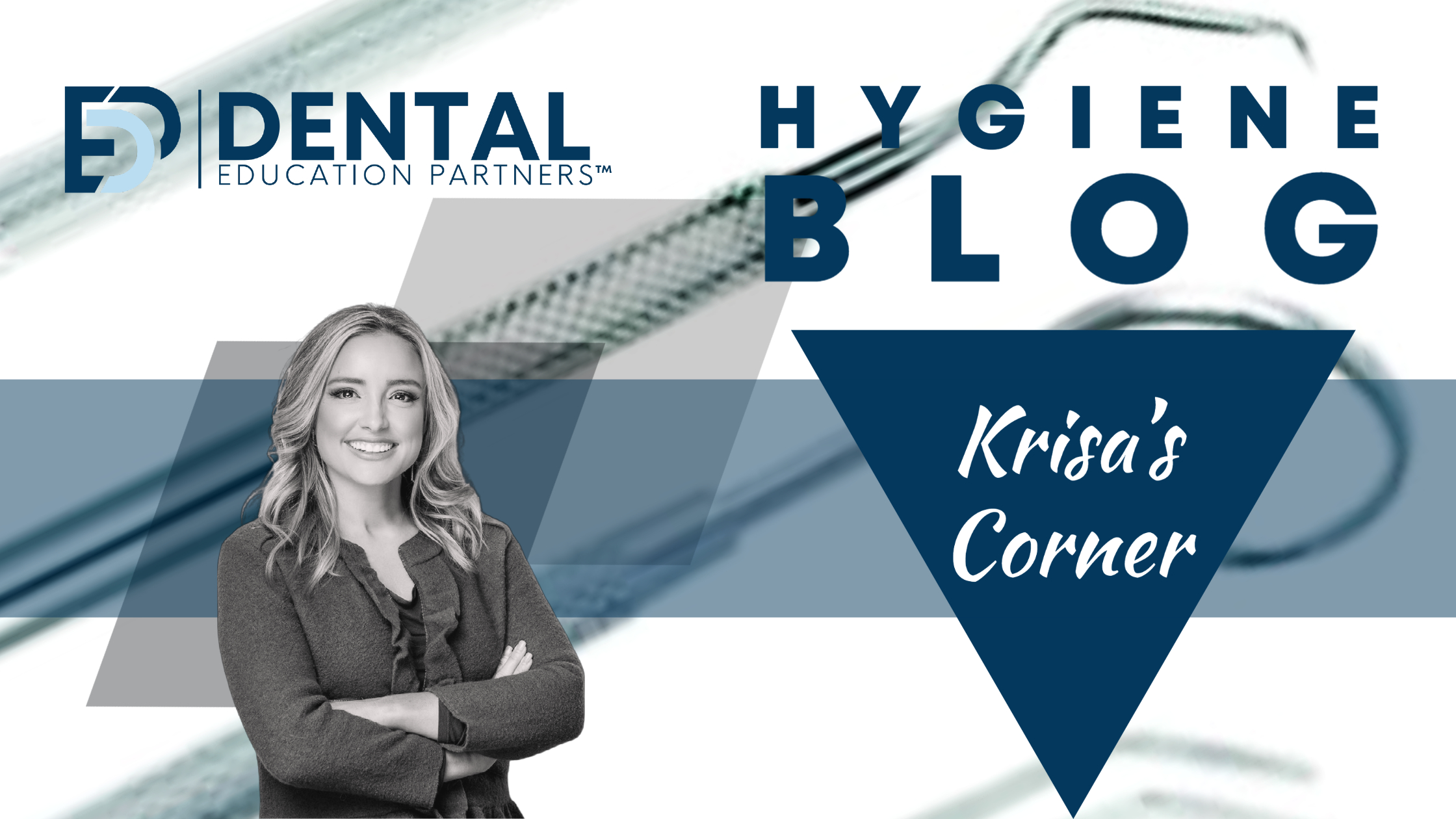A diagnosis for Scaling and Root planning (SRP) is crucial in maintaining optimal oral health. However, accommodating newly diagnosed SRP patients can be challenging when the schedule is fully booked. In this blog post, we will explore practical strategies to prioritize and schedule appointments for patients newly diagnosed with the need for SRP, ensuring they receive timely and essential dental care.
Clear Communication of Urgency: When communicating the diagnosis of SRP to patients, stress the importance of timely treatment. Clearly explain the potential consequences of delaying or postponing the procedure, such as the progression of gum disease. Emphasize that addressing the issue promptly is crucial for maintaining oral health.
Immediate Appointment Options: While your schedule may be booked, set aside dedicated slots for emergency or urgent cases. Allocate specific times during the week for newly diagnosed SRP patients, providing them with immediate options to schedule their appointments. Do you have last-minute cancellations? No problem!
Cancellation List and Last-Minute Openings: Maintain a cancellation list for patients who are flexible with their appointment times. Inform newly diagnosed SRP patients that you will notify them if any last-minute openings become available. This approach allows you to utilize unforeseen gaps in the schedule efficiently.
Collaborate with Hygiene Team: Collaborate closely with your hygiene team to ensure they know the urgency surrounding SRP treatments. Empower your hygienists to communicate the importance of scheduling these appointments promptly and work together to accommodate newly diagnosed patients within the schedule. An option to consider is having a day that you double book, assuming you have access to an overflow operatory, and having a hygiene assistant or dental assistant turn over rooms and assist in patient care. It will allow for more flexibility in scheduling SRP patients.
Extended Office Hours: Consider extending your office hours to create additional time slots for appointments. Offering early morning or late evening hours, or even weekend appointments, can provide more flexibility for patients to schedule their SRP treatments without disrupting their daily routines.
Virtual Consultations: In modern dental practices, you may leverage technology to conduct virtual consultations with newly diagnosed SRP patients. Use video calls or teledentistry platforms to discuss treatment options, answer questions, and provide essential information. While this may not replace an in-person visit, it could expedite the initial consultation process.
Utilize Temporary Staff or Assistants: Consider bringing in temporary staff or dental assistants to help manage the increased appointment demand. Remember, being a dental assistant is not a title that limits them to assisting the dentist; they can offer additional support to the hygiene team, which can streamline the scheduling process and ensure newly diagnosed SRP patients promptly receive the needed attention.
Provide Educational Resources: Equip patients with educational resources reiterating the importance of their SRP treatment. Offer informative materials, videos, or webinars that explain the procedure, its benefits, and the potential risks of delaying treatment. Well-informed patients are more likely to prioritize their oral health.
Managing a fully booked schedule while accommodating newly diagnosed SRP patients requires clear communication, flexibility, and strategic scheduling. By implementing these strategies, your dental practice can ensure that patients needing urgent care receive timely attention, fostering trust and commitment to their oral health.




